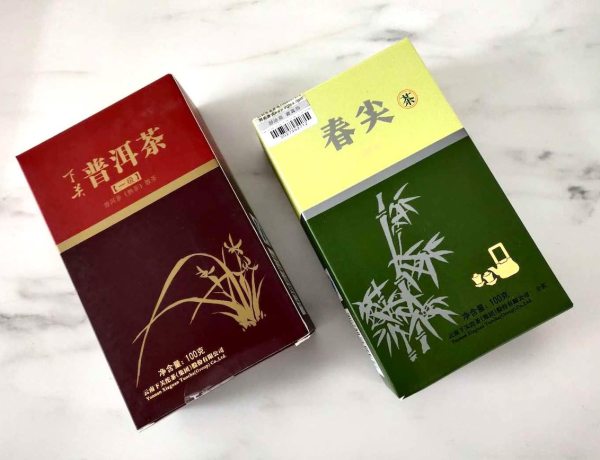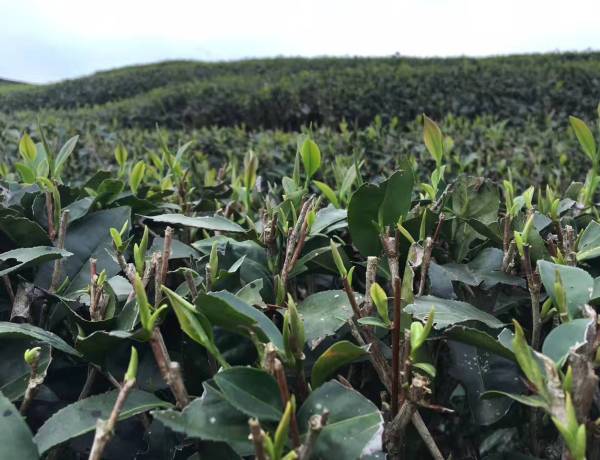Tea tasting is more than just drinking tea. It’s an experience that engages all your senses. Whether you’re savoring the highest grade of Fujian white tea or sampling a strong Assam, knowing how to taste tea can boost your appreciation for this timeless beverage. Unlike regular tea drinking, tea tasting involves a mindful approach to observing the aroma, appearance and flavor. It’s a bit like wine tasting but viewed as less pretentious and a lot more relaxing.
Understanding the Basics
Tea tasting the practice of analyzing and appreciating the flavors, aromas and qualities of different teas. While regular tea drinking is about enjoyment and relaxation, tea tasting requires a bit more focus.
Some common terms you might come across include ‘liquor’ (the brewed liquid), ‘body’ (the thickness or thinness of the brew), and ‘brisk’ (a lively flavor). Knowing these terms can help you better understand and articulate your tea experiences.
Developing Your Senses
To become a proficient tea taster, you need to engage all your senses. Start by smelling the dry leaves before brewing them. This initial sniff can give you a preview of what’s to come. Next, examine the leaves for color and texture as these visual clues can tell you a lot about the quality and type of tea.
Tasting involves more than just drinking and you must slurp your tea. This technique helps aerate the liquid and spread it across your palate, allowing you to pick up on more nuanced flavors.
Key Elements to Observe
When tasting tea, there are three main elements to observe: aroma, flavor notes and mouthfeel. The aroma can range from floral to earthy and even fruity. Try to identify different scents as you inhale deeply.
For flavor notes, pay attention to whether the tea is sweet, bitter or astringent while the mouthfeel is about how does the tea feel in your mouth? Is it smooth or gritty? And what about the finish? These elements combined will give you a fuller understanding of what makes each tea special.
Surprising Health Benefits of Your Daily Tea
Beyond its delightful flavors and aromas, tea also offers numerous health benefits that might surprise you. For instance, many teas are rich in antioxidants, which help boost your immune system and fend off illnesses. If you’re looking for a gentle way to stay alert without the jitters that coffee can bring, tea might be your answer. It contains caffeine but also L-theanine, an amino acid that promotes calm focus. Additionally, certain herbal teas support digestive health and reduce inflammation.
Summing Up
Tea drinking is one of the most common pastimes around the world, combining a great taste, warm treat and relaxing sensation all in one. By taking part in tea tasting, you can enhance your experience by bolstering your knowledge. Taking the time to learn abut flavors and aromas will help you to appreciate your brew even more than before.
Discover more from Hello Tea Cup
Subscribe to get the latest posts sent to your email.


No Comments